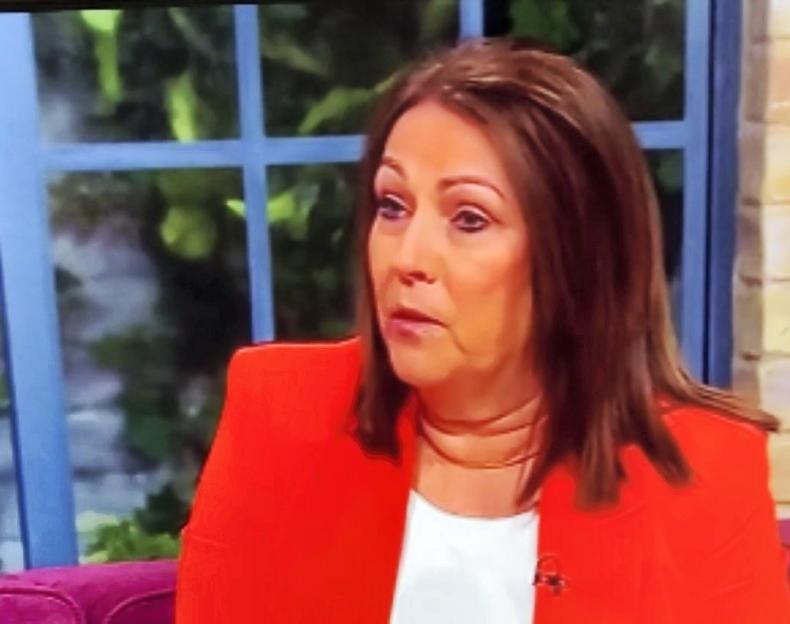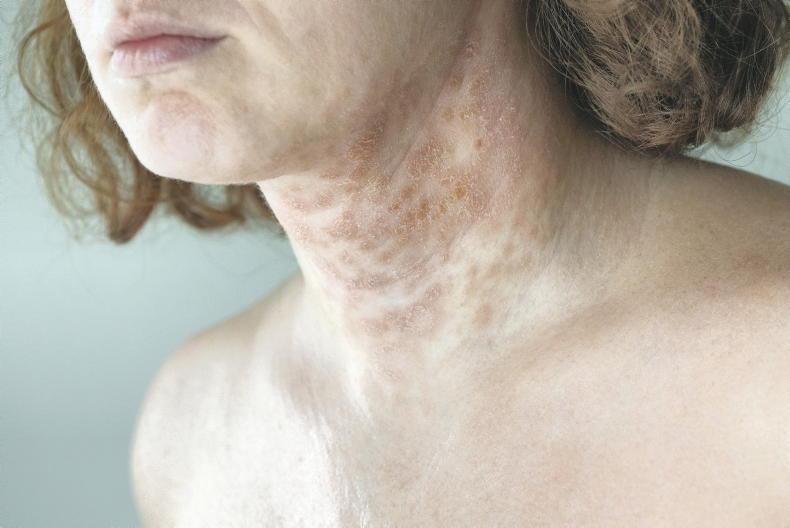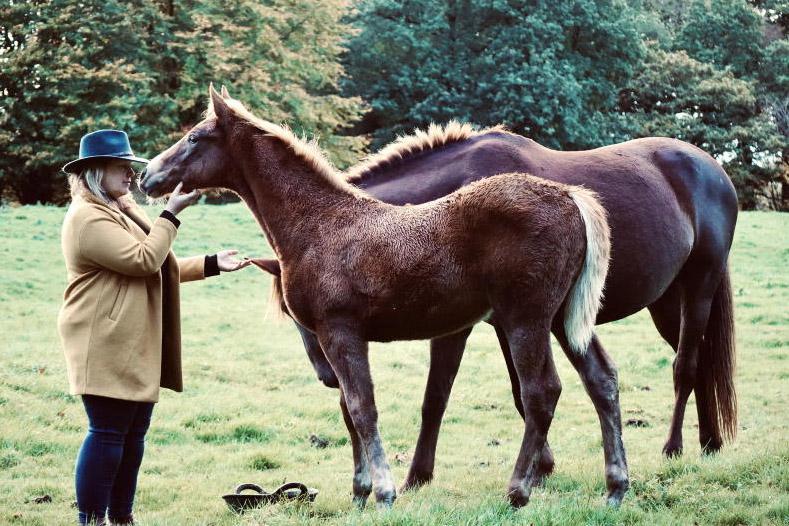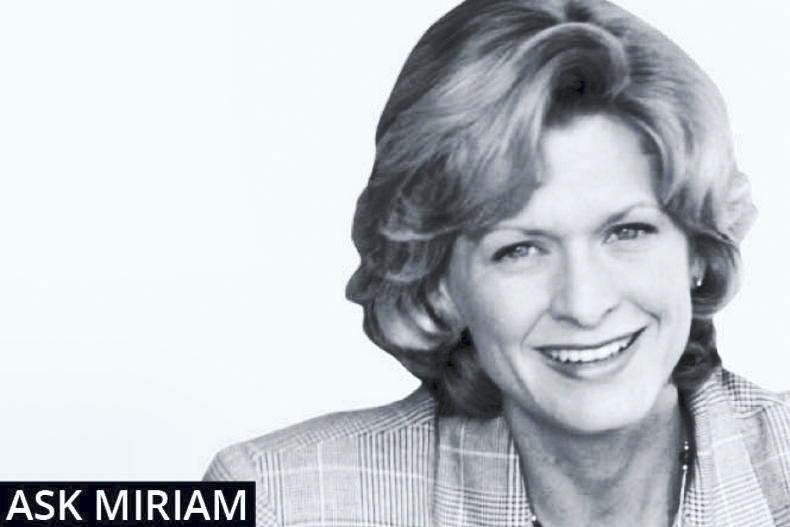Éanna Ryan, an IT specialist working with the Department of Agriculture, Food and Marine in Dublin, reached out to Grow in January 2021 after pandemic lockdowns took a toll on his mental health. Aware that studying at night as well as working full-time was causing him stress, he gave up his college course but still found that he needed help.
“We’d been in lockdown for the previous year and the normal things I’d do to relax or get out of my head weren’t really available,” he says.
“I felt down in myself, like I couldn’t enjoy things the way I used to. I didn’t fully understand what was going on but the way I reckoned it was that if my car was acting up I’d bring it in for an NCT so why shouldn’t I look for advice for what’s going on for me?”
He contacted his GP first and anti-depressants were suggested, but Éanna preferred to try other options first.
“I decided to focus more on exercise and diet but with lockdown there was a limit to what could be done with that,” he says. ?
Lockdown “cabin fever” brought things to a head, he believes.
“I’d been affected by a bereavement as well and it was in sourcing resources to help a friend that I came across Grow and made an approach myself.”
He just listened at the first few meetings, he says.
“As a ‘fly on the wall’ you get a sense of whether it is right for you or not,” he says. “There is no expectation on you to explain why you’re there, but you are around people who are very caring and compassionate.”
Two years on
Now, two years on, Éanna still attends weekly two-hour online meetings.
“We’re always a work in progress but I’m able to put some of the little wisdoms of Grow into practice every day. One of those is that when things go wrong you don’t go with them but instead you try to have a gap between them and your reaction to them. I’m not as self-critical now. Now I catch myself on if I’m giving out to myself about a simple mistake.”
He is also aware of the dangers of isolating.
“If I was feeling down in the past, I might have kept to myself but now I know that at those times it’s really important to get out of the house or do the things I like to do just for fun. You have to be kind to yourself and make time for those things, otherwise you can spiral down.”
Different approach now
He now has a different approach to periods of low mood, he says.
“I think of it as being like bad weather. It’ll pass but you have to take action on it too.”
Learning to not compare oneself to others is important also.
“Initially I felt guilty about feeling bad but that doesn’t help the situation at all. You learn that in Grow.”
There is also another important benefit around communication.
“The biggest benefit has been to have the language to talk around how I’m feeling,” he says, “and being able to communicate what’s going on for me. You don’t focus your whole life on ‘am I feeling okay’, you just get to know yourself better.”
How a meeting works
Éanna explains the structure of a Grow Mental Health meeting.
“At the start of each meeting we have a confidentiality agreement, we talk about the Twelve Steps of Grow [see box]? and what might have got us into the situation. Admitting that we need to ask for help is the first step. We talk through the steps and someone in the group may share how Grow has helped them, which is great for newcomers to hear.
“It’s a step by step approach with little tasks each week. When people are in a difficult place, they are not able to see a way forward but if they can make one little change each week that can make a really big difference over time.
“A discussion of some of the wisdoms from the Grow book usually follows in the two hour meeting and there is telephone support from group members if needed during the week.”
Men only online group started
Grow recently identified the need for a group specifically for men who might not be comfortable sharing in a male/female group so a new men-only only group began via Zoom on 21 February last.
Male farmers who are experiencing isolation, financial pressures, or any other stress are invited to participate in these online meetings. If you are not familiar with how to use Zoom, a Grow representative will talk you through setting it up on your phone/tablet.
The contact person for this is Grow Area Coordinator Jerry Cronin: jerrycronin@grow.ie
or telephone 086 0271990.
Another Grow
member’s story
Limerick woman Christine Fitzgerald and Grow go back a long way. She was 22 when she first went to a meeting after going through several years of severe anxiety attacks. Following recovery, she went on to work for the charity and train as a psychotherapist. She is now a board member and has never gone back to those dark days.
“Growing up in a family of 12, I was a bit of a sponge for all the worries my mom had,” Chris says. “I also had a squint in my eye and came in for name-calling over that. I think the anxiety came from feeling that I was different, that I wasn’t as good as everybody else.”
She didn’t understand then that the way she felt was a product of the way she was thinking.
“If you are eating a bad diet, you’re going to look bad,” she says. “If you are thinking a lot of bad thoughts, you’re going to feel bad. Eventually thinking negatively will have an effect on your body through the means of anxiety.”

Grow board member Christine Fitzgerald
After five years of frightening anxiety attacks, Chris thought there was something physically wrong with her.
“I couldn’t make the connection between my brain and my body. I was running to the doctor constantly for comfort for him to tell me ‘there’s nothing wrong with you’. I was also terrified to tell anybody about how bad I was feeling because I felt bad about myself already. I thought if I told anyone that I’m suffering from anxiety or depression they’d think I was useless altogether.”
Antidepressants didn’t work for Chris, unfortunately, and she went on to have suicidal thoughts by the age of 22. After eventually disclosing this to a psychiatrist she spent some time in hospital.
“Going there was a turning point for me because the secret was out,” she says. “I’d been hiding it and now I couldn’t hide it anymore. Up to that the only ones who knew were my husband and my GP.”
Chris’s mother heard about Grow when she was in hospital and encouraged Chris to attend a meeting a few days after discharge.
“When I found Grow, I found people who understood. When I said ‘I feel awful’ they got it. People think, and I thought myself, that when I went into the hospital I would be cured. I didn’t realise that was only the beginning of the journey.”
She admits that it wasn’t easy at first.
“There’s no magic wand. I didn’t speak a word for weeks but I listened. As the weeks went by, I heard some little piece of my own story and I began to feel that I’m not alone.”
She regards the Twelve Steps Grow programme as a personal development journey.
“You learn as you go along and the little steps lead to big steps which leads to recovery. It is a really wonderful programme if you give it a try and give it a chance. I can honestly say that as a result of learning the programme I never, ever went back to that dark place.”
Christine sat her Leaving Cert at the age of 36 and qualified as a psychotherapist at the age of 44.
She believes that we need to give as much time and effort to our mental health as we do to our physical health.
“If your head is good, your physical health will be too because you will be thinking positive things. Remember, too, that growth is painful but permanently rewarding.”
She also adds:
“Let’s stop being ashamed of this. Everyone who walks this earth will run into a difficult time, at some stage, that they find hard to manage.
If it’s that common why be ashamed of it?”
The twelve steps of recovery and growth
1. We admitted we had lost our
way and needed direction.
2. We took our courage in our hands and asked for help.
3. We trusted the greater power
of life, love and the world.
4. We acknowledged our gifts and our strengths.
5. We tackled our weaknesses
and failures.
6. We committed to the journey even through the tough times.
7. We took care and control
of our bodies.
8. We learned to think by reason rather than by feelings and imagination.
9. We developed will power to do the right thing in spite of our feelings.
10. We took our responsible and caring place in society.
11. We grew daily, getting closer
to maturity.
12. We carried Grow’s message
to others in need.
More info
Grow Info Line:
0 818 474 474
https://grow.ie/
Read more
Supporting children who are self-harming
Breaking down the stigma around bulimia and showing recovery is possible
Éanna Ryan, an IT specialist working with the Department of Agriculture, Food and Marine in Dublin, reached out to Grow in January 2021 after pandemic lockdowns took a toll on his mental health. Aware that studying at night as well as working full-time was causing him stress, he gave up his college course but still found that he needed help.
“We’d been in lockdown for the previous year and the normal things I’d do to relax or get out of my head weren’t really available,” he says.
“I felt down in myself, like I couldn’t enjoy things the way I used to. I didn’t fully understand what was going on but the way I reckoned it was that if my car was acting up I’d bring it in for an NCT so why shouldn’t I look for advice for what’s going on for me?”
He contacted his GP first and anti-depressants were suggested, but Éanna preferred to try other options first.
“I decided to focus more on exercise and diet but with lockdown there was a limit to what could be done with that,” he says. ?
Lockdown “cabin fever” brought things to a head, he believes.
“I’d been affected by a bereavement as well and it was in sourcing resources to help a friend that I came across Grow and made an approach myself.”
He just listened at the first few meetings, he says.
“As a ‘fly on the wall’ you get a sense of whether it is right for you or not,” he says. “There is no expectation on you to explain why you’re there, but you are around people who are very caring and compassionate.”
Two years on
Now, two years on, Éanna still attends weekly two-hour online meetings.
“We’re always a work in progress but I’m able to put some of the little wisdoms of Grow into practice every day. One of those is that when things go wrong you don’t go with them but instead you try to have a gap between them and your reaction to them. I’m not as self-critical now. Now I catch myself on if I’m giving out to myself about a simple mistake.”
He is also aware of the dangers of isolating.
“If I was feeling down in the past, I might have kept to myself but now I know that at those times it’s really important to get out of the house or do the things I like to do just for fun. You have to be kind to yourself and make time for those things, otherwise you can spiral down.”
Different approach now
He now has a different approach to periods of low mood, he says.
“I think of it as being like bad weather. It’ll pass but you have to take action on it too.”
Learning to not compare oneself to others is important also.
“Initially I felt guilty about feeling bad but that doesn’t help the situation at all. You learn that in Grow.”
There is also another important benefit around communication.
“The biggest benefit has been to have the language to talk around how I’m feeling,” he says, “and being able to communicate what’s going on for me. You don’t focus your whole life on ‘am I feeling okay’, you just get to know yourself better.”
How a meeting works
Éanna explains the structure of a Grow Mental Health meeting.
“At the start of each meeting we have a confidentiality agreement, we talk about the Twelve Steps of Grow [see box]? and what might have got us into the situation. Admitting that we need to ask for help is the first step. We talk through the steps and someone in the group may share how Grow has helped them, which is great for newcomers to hear.
“It’s a step by step approach with little tasks each week. When people are in a difficult place, they are not able to see a way forward but if they can make one little change each week that can make a really big difference over time.
“A discussion of some of the wisdoms from the Grow book usually follows in the two hour meeting and there is telephone support from group members if needed during the week.”
Men only online group started
Grow recently identified the need for a group specifically for men who might not be comfortable sharing in a male/female group so a new men-only only group began via Zoom on 21 February last.
Male farmers who are experiencing isolation, financial pressures, or any other stress are invited to participate in these online meetings. If you are not familiar with how to use Zoom, a Grow representative will talk you through setting it up on your phone/tablet.
The contact person for this is Grow Area Coordinator Jerry Cronin: jerrycronin@grow.ie
or telephone 086 0271990.
Another Grow
member’s story
Limerick woman Christine Fitzgerald and Grow go back a long way. She was 22 when she first went to a meeting after going through several years of severe anxiety attacks. Following recovery, she went on to work for the charity and train as a psychotherapist. She is now a board member and has never gone back to those dark days.
“Growing up in a family of 12, I was a bit of a sponge for all the worries my mom had,” Chris says. “I also had a squint in my eye and came in for name-calling over that. I think the anxiety came from feeling that I was different, that I wasn’t as good as everybody else.”
She didn’t understand then that the way she felt was a product of the way she was thinking.
“If you are eating a bad diet, you’re going to look bad,” she says. “If you are thinking a lot of bad thoughts, you’re going to feel bad. Eventually thinking negatively will have an effect on your body through the means of anxiety.”

Grow board member Christine Fitzgerald
After five years of frightening anxiety attacks, Chris thought there was something physically wrong with her.
“I couldn’t make the connection between my brain and my body. I was running to the doctor constantly for comfort for him to tell me ‘there’s nothing wrong with you’. I was also terrified to tell anybody about how bad I was feeling because I felt bad about myself already. I thought if I told anyone that I’m suffering from anxiety or depression they’d think I was useless altogether.”
Antidepressants didn’t work for Chris, unfortunately, and she went on to have suicidal thoughts by the age of 22. After eventually disclosing this to a psychiatrist she spent some time in hospital.
“Going there was a turning point for me because the secret was out,” she says. “I’d been hiding it and now I couldn’t hide it anymore. Up to that the only ones who knew were my husband and my GP.”
Chris’s mother heard about Grow when she was in hospital and encouraged Chris to attend a meeting a few days after discharge.
“When I found Grow, I found people who understood. When I said ‘I feel awful’ they got it. People think, and I thought myself, that when I went into the hospital I would be cured. I didn’t realise that was only the beginning of the journey.”
She admits that it wasn’t easy at first.
“There’s no magic wand. I didn’t speak a word for weeks but I listened. As the weeks went by, I heard some little piece of my own story and I began to feel that I’m not alone.”
She regards the Twelve Steps Grow programme as a personal development journey.
“You learn as you go along and the little steps lead to big steps which leads to recovery. It is a really wonderful programme if you give it a try and give it a chance. I can honestly say that as a result of learning the programme I never, ever went back to that dark place.”
Christine sat her Leaving Cert at the age of 36 and qualified as a psychotherapist at the age of 44.
She believes that we need to give as much time and effort to our mental health as we do to our physical health.
“If your head is good, your physical health will be too because you will be thinking positive things. Remember, too, that growth is painful but permanently rewarding.”
She also adds:
“Let’s stop being ashamed of this. Everyone who walks this earth will run into a difficult time, at some stage, that they find hard to manage.
If it’s that common why be ashamed of it?”
The twelve steps of recovery and growth
1. We admitted we had lost our
way and needed direction.
2. We took our courage in our hands and asked for help.
3. We trusted the greater power
of life, love and the world.
4. We acknowledged our gifts and our strengths.
5. We tackled our weaknesses
and failures.
6. We committed to the journey even through the tough times.
7. We took care and control
of our bodies.
8. We learned to think by reason rather than by feelings and imagination.
9. We developed will power to do the right thing in spite of our feelings.
10. We took our responsible and caring place in society.
11. We grew daily, getting closer
to maturity.
12. We carried Grow’s message
to others in need.
More info
Grow Info Line:
0 818 474 474
https://grow.ie/
Read more
Supporting children who are self-harming
Breaking down the stigma around bulimia and showing recovery is possible










SHARING OPTIONS